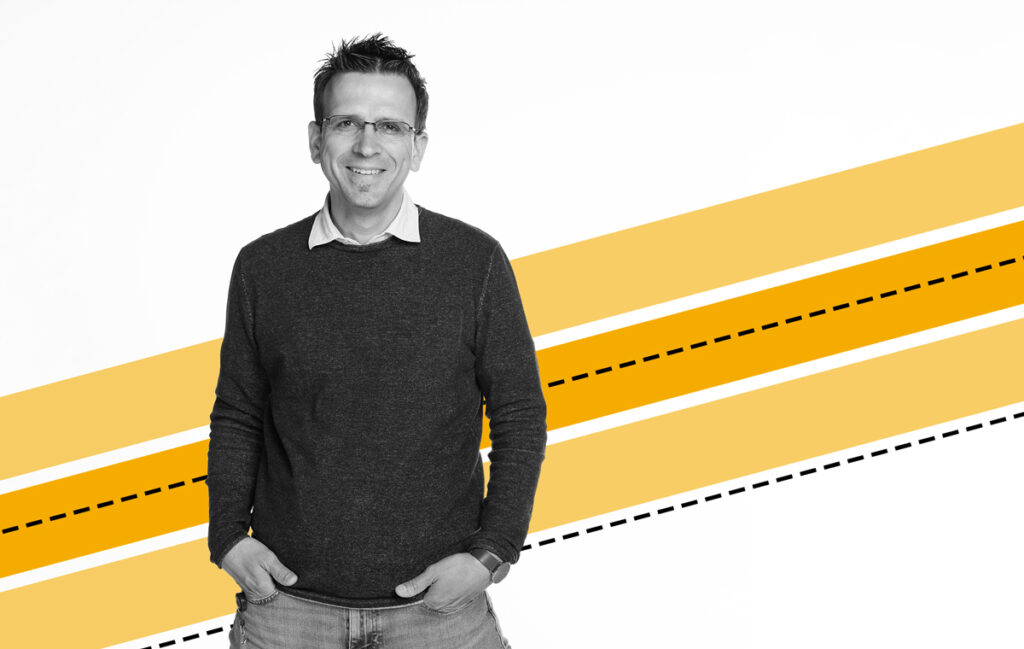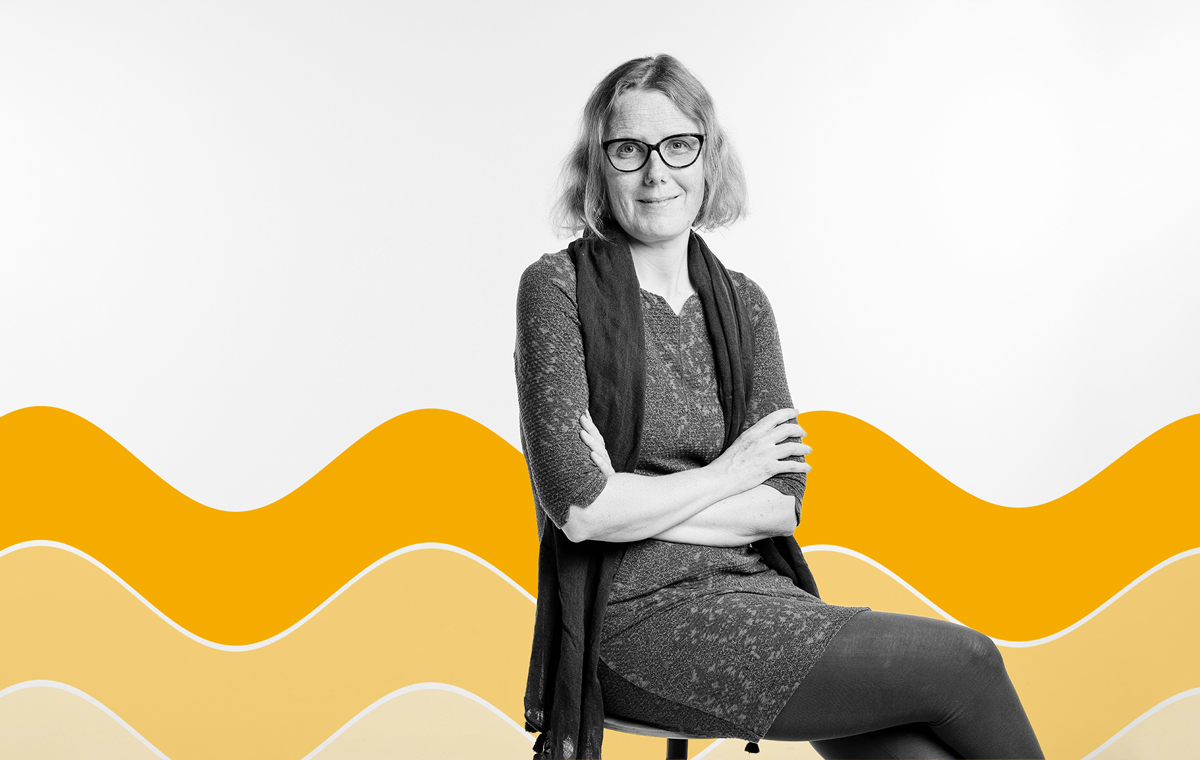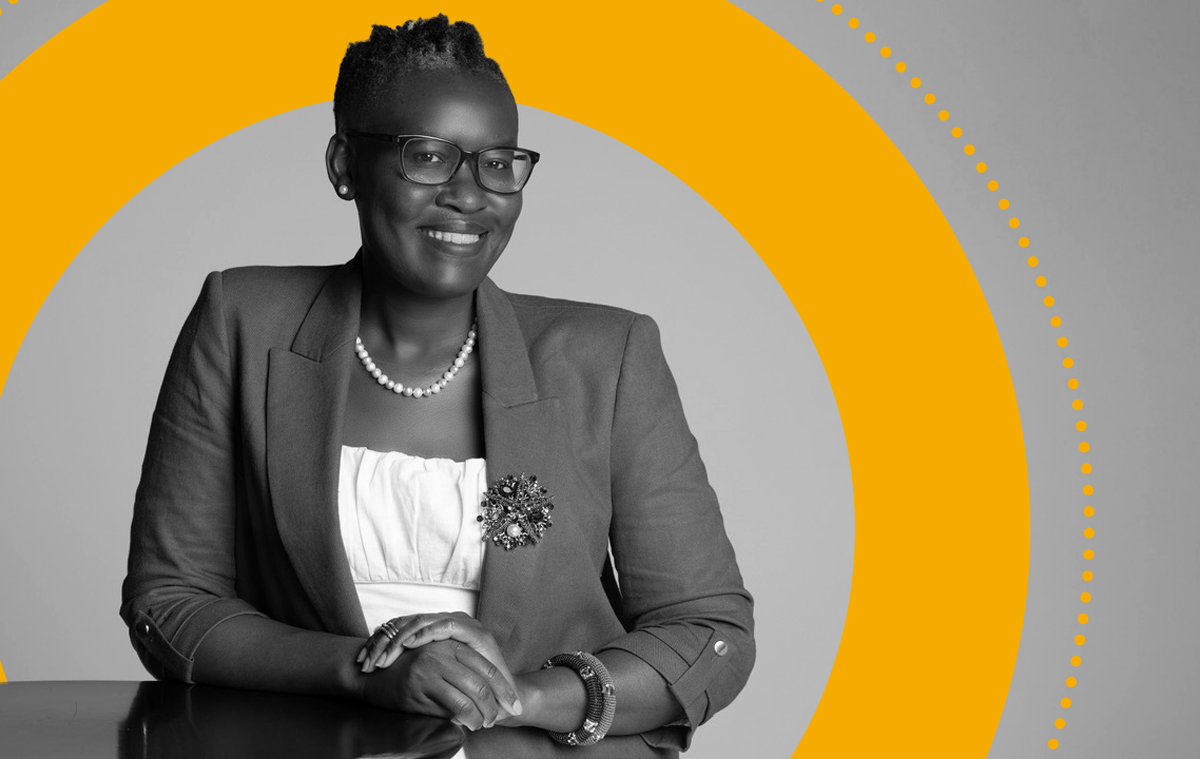After a successful career in research Daniel decided not to become a group leader. Talking to journal editors at conferences he started to consider the job for himself. “I felt that becoming an editor would allow me to go much wider in scope than if I had become a PI, while staying up-to-date with developments in my research field,“ he says. After nine years he is as excited about the role as on day one. Part of his daily routine as a scientific editor for The EMBO Journal includes assessing submitted manuscripts to decide whether they fit the scope and scientific standards of the journal. However, what makes the job particularly interesting, he says, is the interaction with the authors themselves.
We want to create processes that serve the community better. Thus, we rely on direct input from the scientific community to sharpen our views on what is scientifically relevant but also what matters to scientists in terms of publishing and peer review
Daniel sees himself as a facilitator, keeping the conversation going between authors, reviewers and the editorial team, with the goal of helping scientists get their work published, and improving it along the way. With a relatively small but noted annual output, EMBO remains flexible enough to drive innovation within the publishing sector – something that Daniel is passionate about. “We want to create processes that serve the community better. Thus, we rely on direct input from the scientific community to sharpen our views on what is scientifically relevant but also what matters to scientists in terms of publishing and peer review.” To foster discourse, Daniel regularly visits institutes, virtually and physically. Recent changes at the journal following community feedback include Open Access, publishing referee reports alongside manuscripts as well as direct reviewer and author consultations via Zoom to ensure a fair and informed decision process.
It is so fruitful to work with people from all over the world, each with their own ways of looking at things. That is the key to finding ‘creative science’ solutions
The flat hierarchy, small but diverse teams and a familiar working atmosphere at EMBO also allow for cross-department collaboration says Daniel. This has led to participation in an EMBO delegation to promote the organization as facilitator of global biomedical research and co-organizing interdisciplinary scientific symposia and workshops. Above all, though, Daniel loves the international environment at EMBO. “It is so fruitful to work with people from all over the world, each with their own ways of looking at things. That is the key to finding ‘creative science’ solutions.”



